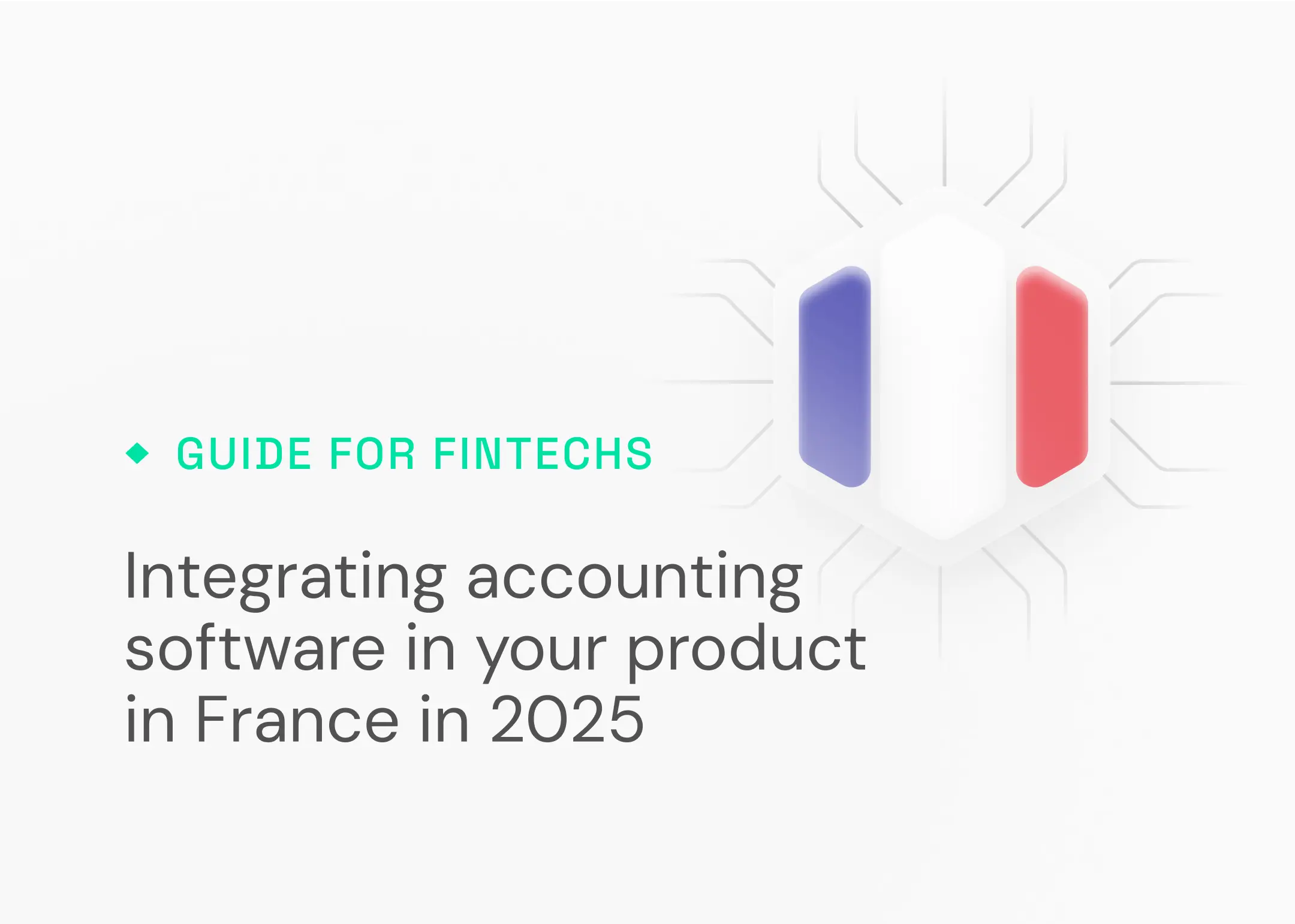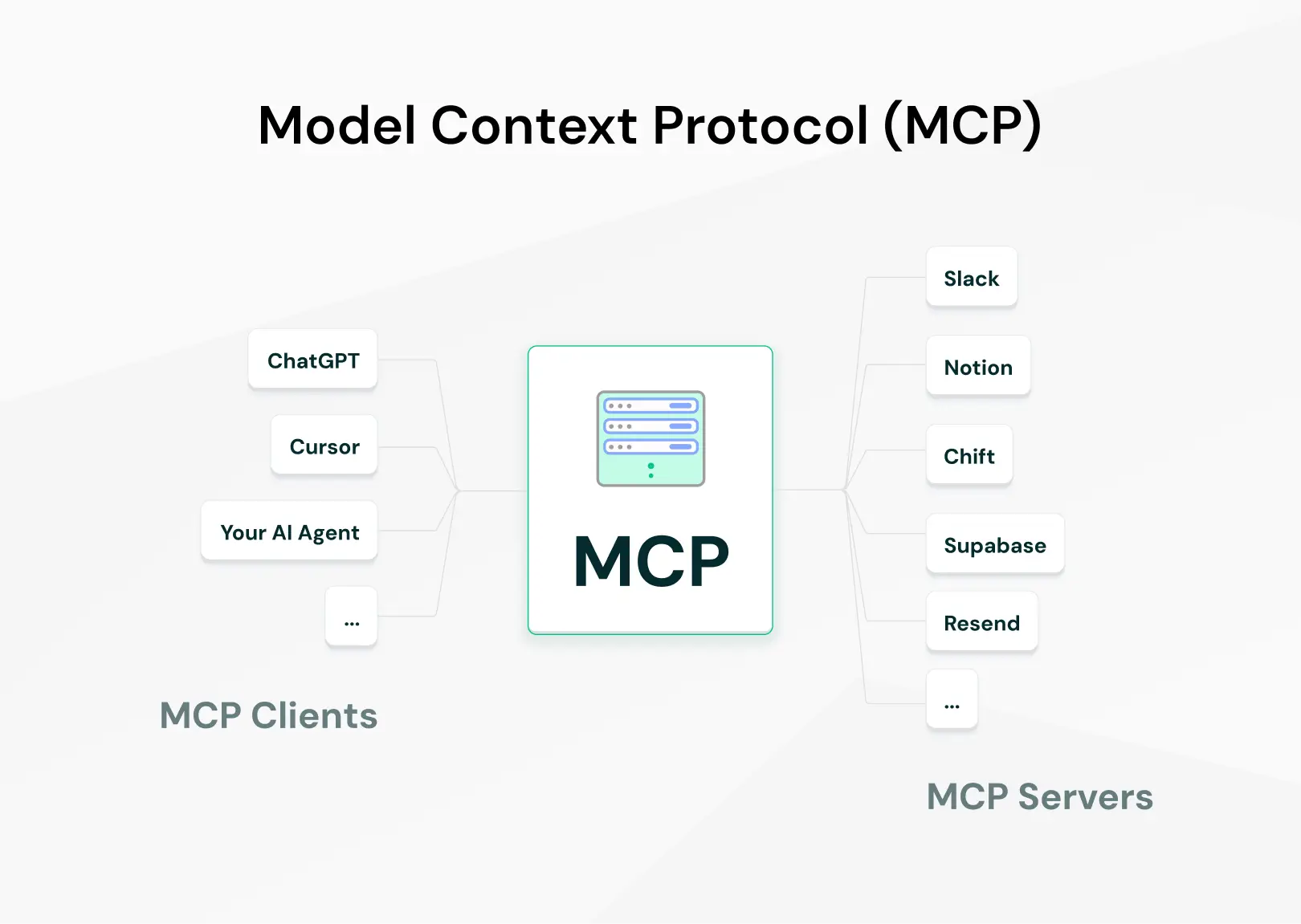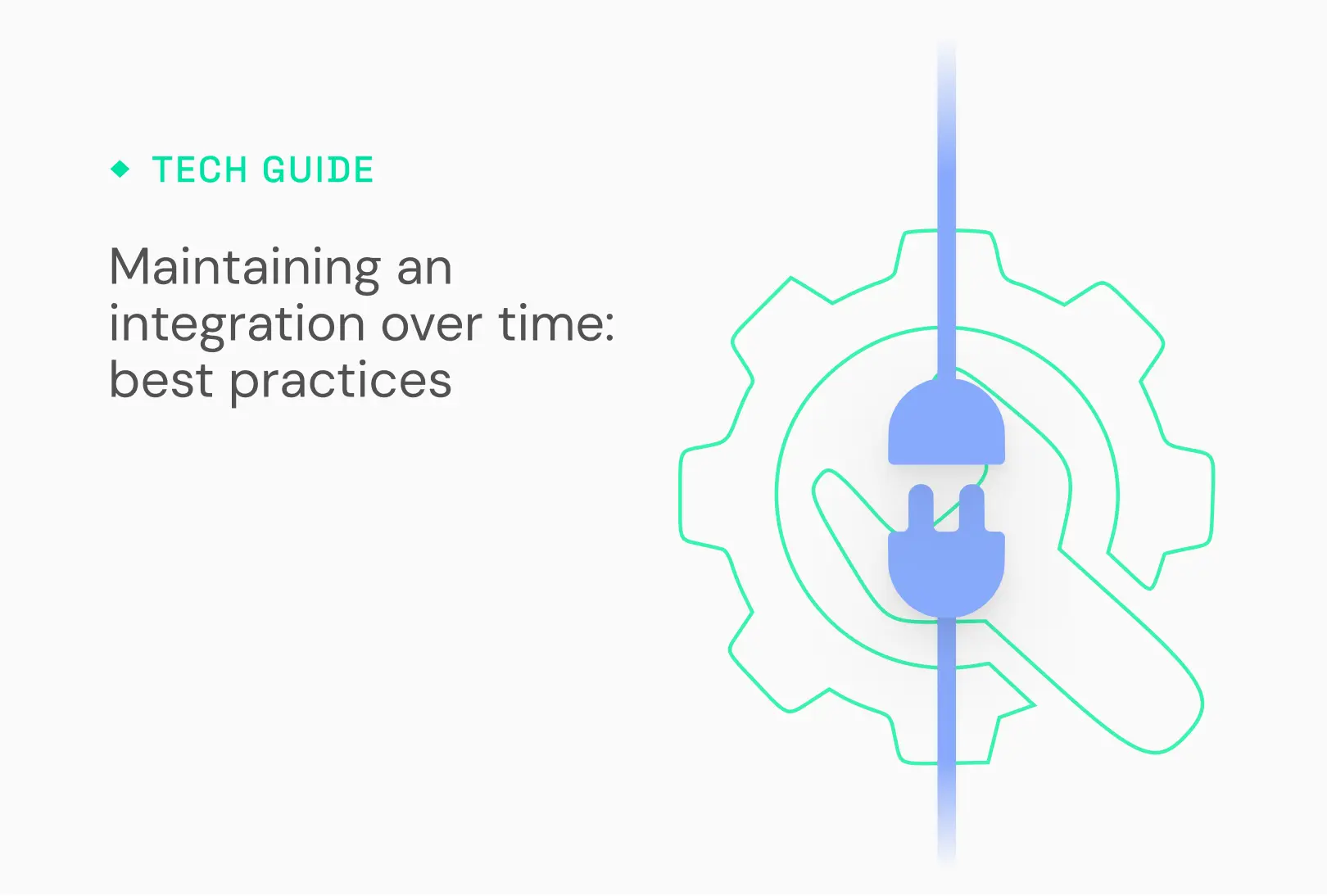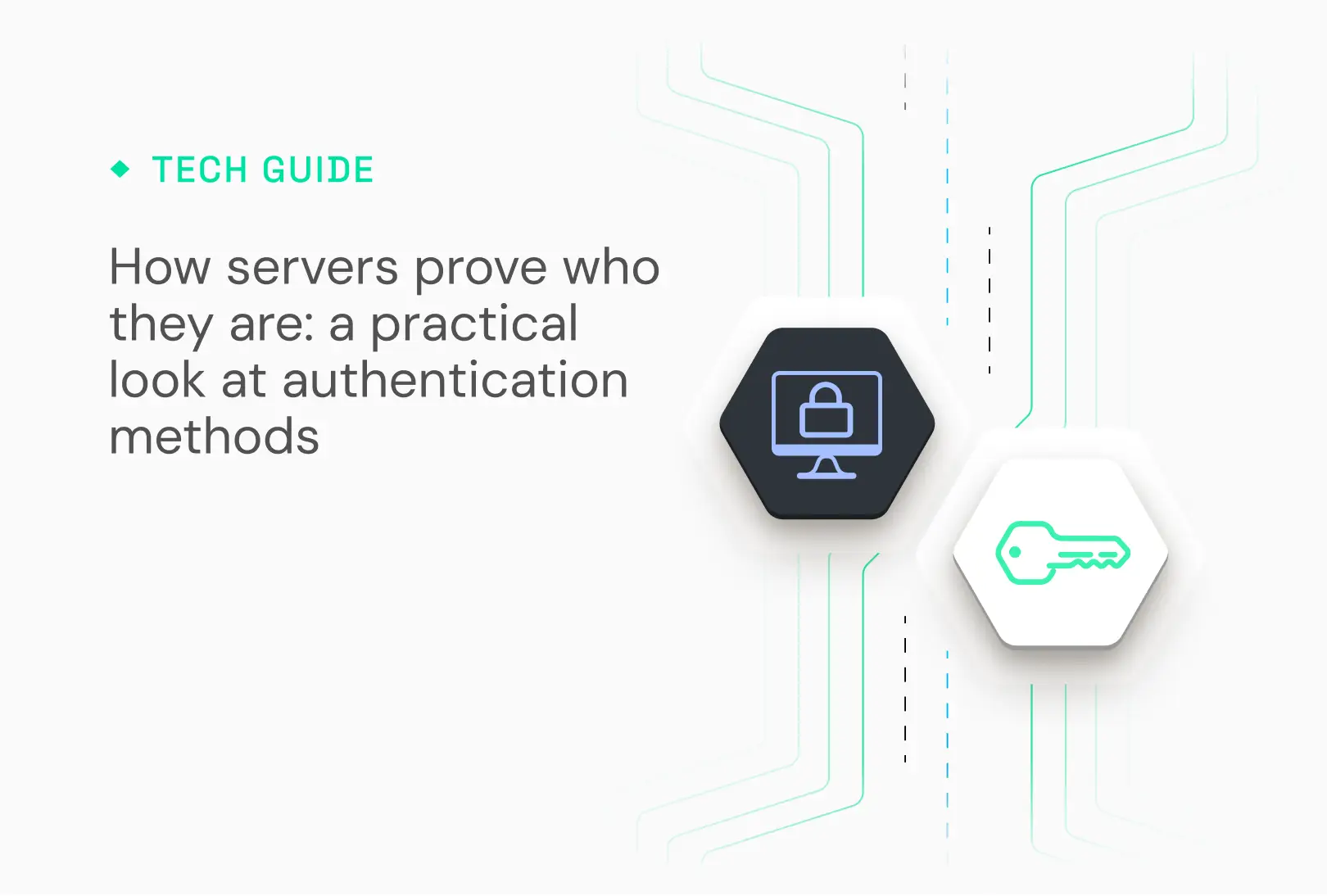Most modern software runs on the cloud, meaning that part or all of the processing takes place on a remote public server instead of a private server (or even on a personal computer) that is not directly exposed to the internet, or at least not always. A cloud setup allows software to be easily accessible for integration with another cloud application or even for local scripting or development.
Most cloud-based software is also multi-tenant: this means that a single software instance (and often a single database) serves multiple users or tenants (i.e., accounts). The data is centralized in one place and can be easily accessed through a single interface.
Furthermore, most modern software typically exposes a public interface that is well-documented and follows industry standards (REST, OpenAPI specs, OAuth2, etc.).
But how do you handle integrations with applications that run locally (separated on multiple servers) and might not have a public interface?
Discover in this article how Chift uses what we call “local agents” to perform synchronous (real-time) API calls to software hosted on on-premise (local and/or private) infrastructure.
Why do API integrations need local agents?
As mentioned above, some software does not expose any API or interface. Some are simply not accessible from the cloud.

This is particularly true for solutions used by large organizations that still use robust server infrastructures with specific requirements. Pharmaceutical companies are an example of such organizations.
These companies use tools such as ACD, Cegid, or Sage and run them on a computer or private server accessible only from a local environment (on-premise software).
So how can those users connect to our unified APIs and benefit from integrations? Enter the “local agents.”
At Chift, we designed “local agents” as services that run locally on customers’ environments. These services communicate with a module on our server and act together as a bridge, enabling real-time and synchronous calls to the users’ local environment. For the end user, this requires a simple one-time installation. For you as a software editor, this process is transparent. You will be able to benefit from this integration just as you do from the most modern integrations, all through our Unified API.
This makes the impossible possible, as you will now be able to integrate your “locked” products.

Industry leaders use Chift’s Unified APIs
With or without local agents, our Unified APIs let you add dozens of integrations to your product with a single connection, making them the most scalable and cost-efficient integration solution.
.avif)
Curious about how you can use Chift’s Unified Accounting API for your integrations? Reach out to our team for a demo.






.avif)












